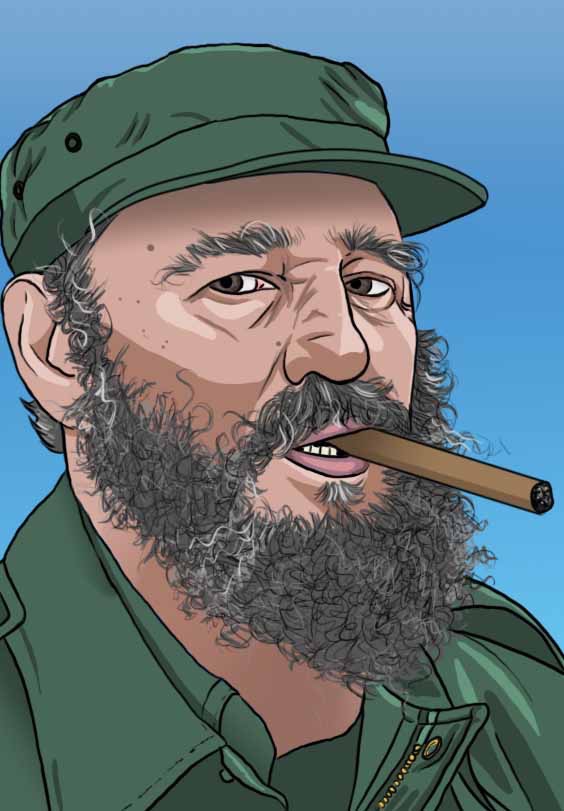Fidel Castro: A mixed legacy
Fidel Alejandro Castro Ruz, more commonly known as Fidel Castro, passed away on Nov. 25 at the age of 90. Growing up in a low-income family, he left behind a mixed legacy. He was the face of the Cold War—rebelling against 11 American presidents, surviving over 600 CIA assassination attempts (costing the US government more than $1 billion), and making international waves in 2006 when he was listed in Forbes Magazine as one of the world’s richest leaders.
For nearly five decades, Castro worked to turn the island nation of Cuba into a place of social justice and equality. He is credited with improving the health and education systems in Cuba by providing full-time employment in these fields, cultivating thousands of new doctors and teachers.
Fidel Castro did his best to win over the people of Cuba with speeches that lasted for hours. He even made it into the “Guinness Book of World Records” for the longest speech ever delivered at the United Nations.
Critics, however, would say he drove the country into economic ruin, denied basic freedoms to Cubans and, according to International Business Times, inspired more than 1 million Cubans to flee the island due to human rights abuses and poverty. In 2010, Castro admitted to US journalist Jeffrey Goldberg that, “the Cuban model doesn’t even work for us anymore.”
“Cuba has never been a bed of roses,” Havana film-maker Rebeca Chavez said to Al Jazeera. “You can believe or think of Fidel what you want, but what nobody can deny is that he is the most important figure of 20th century Cuba. He gave Cubans a sense of dignity and belonging.”
Throughout the eleven administrations between Dwight Eisenhower and Barack Obama, the US tried to topple the Cuban government with various assassination attempts—exploding cigars and seashells, contaminated diving suits, and deadly lovers all failed to kill Castro.
“He has died at a moment when there is a question mark over the normalization process with the United States because we don’t know what’s going to happen with Trump,” said former Cuban diplomat Carlos Azuguray to BBC News.
Cuban blogger Harold Cardenas is unsure whether anyone is ready to decipher the legacy Castro has left. “He had the ability to face—together with his people—the most powerful enemies on earth.”
Fidel Castro may not have been the perfect leader, but not all leaders are. Castro will be succeeded by his brother Raul Castro.






